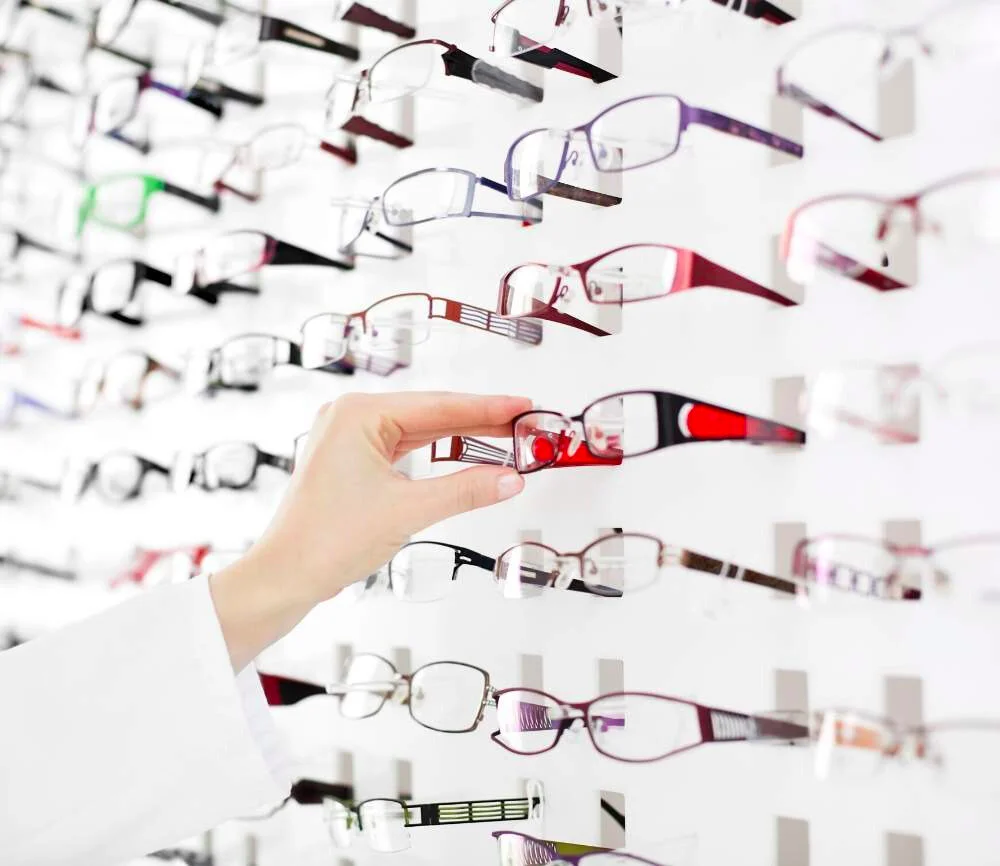Eco-Friendly Frames for Sustainable Vision
Eyewear is one accessory that most humans cannot live without, so let’s talk about sustainable alternatives to plastic frames.
Eyewear is one accessory that most humans cannot live without. In fact, according to a World Health Organization report in 2019, more than 2 billion people have a vision impairment or blindness, including those who have yet to address the issue. That’s 28% of the entire world population!
It’s also safe to assume that an even larger percentage of the population actively protects their eyes against UV rays regardless of their need for vision correction. Based on a 2012 report by The Vision Council, about 73% of Americans wear sunglasses at least some of the time. Whether your eyewear includes a prescription or not, it is certainly an imperative part of many people’s wardrobes.
Personally, I discovered the need for corrective lenses in high school when I realized I could no longer see the whiteboard unless I sat in the front row. That was over a decade ago, but only recently did I start to think about the environmental impact of my favorite frames. Though I’ve never been a fan of contact lenses, I was also curious to compare these two popular methods of vision correction.
Turns out, eyeglasses are slightly more sustainable because one pair lasts much longer than contacts, which are disposable and require various plastic-based products to function properly (i.e. contact lens cases and cleaning solution that comes in plastic bottles). Any plastic waste that does come from the use of contacts is relatively minuscule. For more detailed information, check out the video linked below, which can also be found in today’s curation.
Plastic is an extremely common material when it comes to glasses. To avoid virgin plastic, find frames that are made of recycled plastic. Other recycled materials we’ve found include aluminum and even fishing nets.
Another option is going for glasses that are made of metal, for a long-lasting piece, or sustainably sourced wood. Be wary of eyewear that incorporates acetate, which some companies claim is sustainable because it is derived from natural materials like wood pulp or cotton, making it biodegradable. In reality, it is still semi-synthetic, which means it goes through chemical processing at later manufacturing stages. It is possible to find an all-natural version of acetate, but it can be difficult to find companies that are fully transparent about this particular process.





